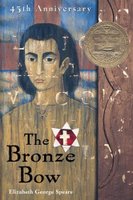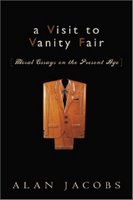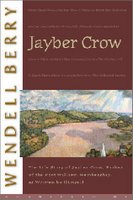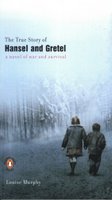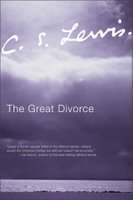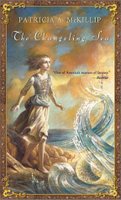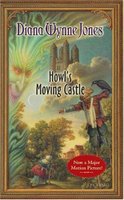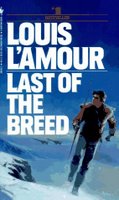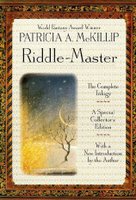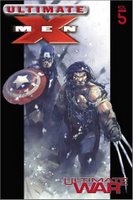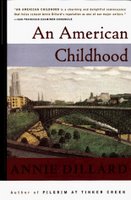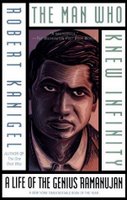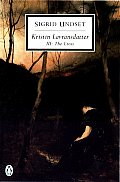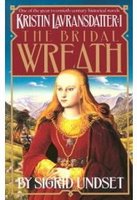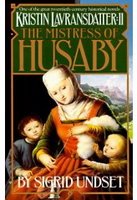This is a Newbery book, so obviously some people thought it worth reading. I'd agree with them. Historical fiction is not my favorite category, but this one snuck it's way in. Daniel is a boy who is successfully running away from his painful past, until two old characters turn up in one of his favorite places and he can't help but speak with them. This conversation leads his life in a whole new direction. These two are Joel and Malthace, brother and sister, who look alike and still have very unique personalities. They all go on this journey of life together, growing up and beginning to face life and death issues. Choosing who is worth following. Discovering what it means to lead well. Struggling with calling and passion and revenge.
All three (and many others) are strongly affected by Jesus. The story is placed during the time He was preaching and living in Capernaum. They have many opportunities to listen to Him speak, to see Him affect all those around Him, to see him heal. To listen to his words and see that they match his actions. Daniel's father was cruelly killed by the Romans, so at the age of eight he began to hate them. And this hate has only grown stronger with time. Daniel longs to follow this Jesus -- but Jesus is not calling anyone to fight and kill the Romans. They is a defining conversation where a weary Jesus takes time to listen to Daniel's story, and Jesus tells him the only thing stronger than hate is love. Daniel does not want to accept this but must struggle mightily to come to a final decision.
Samson is an amazing character. He speaks no words at all. He is taken from a slave trader, by the band Daniel is part of, at the beginning of the story. Samson is taken because he is huge and strong. He does things easily that four or five men would struggle to do, so his strength is unmatched. Daniel ends up taking him up to their hideout and freeing him from his chains (because he's the blacksmith), and earns Samson's devotion and love. They develop a sort of relationship. Whenever Daniel is gone from camp, Samson watches for him and misses him. Samson doesn't obey the leader of the band, but he's so strong that the leader can't do much about it. This human who is silent, doesn't show signs of understanding things, and often will not act of his own accord, saves Daniel and others from certain death. He chooses to give up his life willingly that they might live. (Reminds one of Jesus, eh?). When Daniel talks with Jesus and says he wants to revenge Samson's death, Jesus tells him that Samson did not give him revenge -- but love. That stops Daniel in his tracks. Everything which was so simple becomes much harder. When boundaries we've put in place are taken away from us, life gets much more complicated. But usually in a really good, growing, healthy way.
| Title: | The Bronze Bow |
|---|---|
| Author: | Elizabeth George Speare |
| Date published: | 1961 |
| Genre: | young adult, historical fiction |
| Number of pages: | 254 |
| Notes: | repeat reading |


